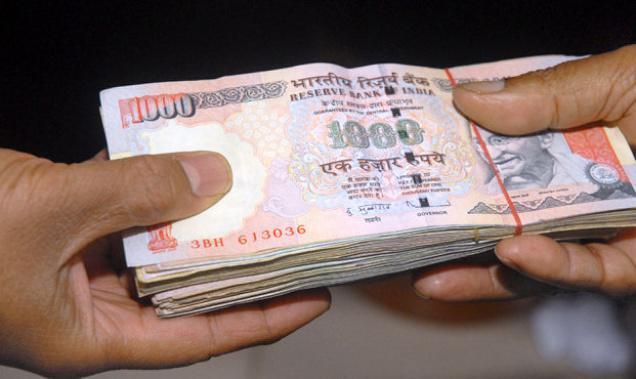Search
Credit Card Transaction Disputes and Reversal Process
September 11, 2017
-
Credit card users must always be wary of unauthorized or unfamiliar charges on their credit card statements. By going through the monthly statements in detail you can find such charges and avoid paying for something you didn’t receive or use.
- If a transaction was made without your authorization.
- If someone stole your credit card and used it for making purchases.
- If the charges on the card statement are higher than the ones mentioned in the invoices/receipts you got from a store. For instance, if your credit card statement mentions a Rs. 2,000 charge but the receipt that a store owner gave you says Rs. 1,000, then you can provide the same to your credit card provider and get a refund.
- If a seller charged you twice for the same product. This can happen if they swipe the card two times or simply double the charge otherwise.
- If the amount of money you withdraw from an ATM does not match the credit card statement.

Most of the times, wrongful charges can be made if someone has stolen your credit card. In that case, you must inform your credit card issuer so that such wrong charges can be identified and reversed.
The following are some of the scenarios in which you can raise a dispute and reverse a credit card charge:
Cancelling Credit Card Purchases
If you want to cancel a credit card transaction, then there are two options.
You can either directly cancel a purchase at a store and the amount is reverted to your account, or you can opt for charge back. This option is offered by the credit card issuers in which they will return the money to your account and don’t pay the same to the merchant. It is generally used to protect customers against fraudulent purchases. However, you have to file the claim within a limited period post the purchase.



